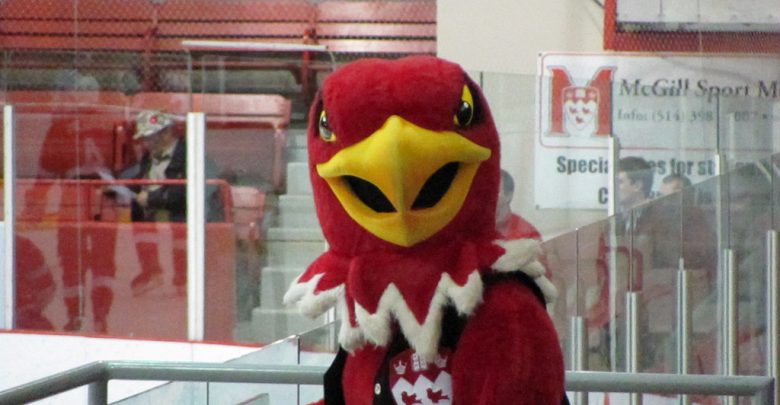McGill Redmen name needs to change, says U of A prof
 RicLaf
RicLaf In light of a movement to change a sports team’s controversial name at McGill University, an assistant professor at the University of Alberta is saying the change is needed.
From November 9 to November 12, in a non-binding referendum held by McGill’s student union, 5,856 students voted whether to change the name of the men’s varsity team away from its current name, the Redmen, of which 78.8
McGill University responded that it would decide on whether or not to change the name in January 2019. But on January 30, the university postponed the decision to the end of the semester.
Nicole Lugosi, an assistant professor at the University of Alberta’s faculty of native studies, said there are consequences if the change isn’t implemented.
“It would definitely be a step back in terms of reconciliation,” she said. “This is something that students [at McGill] are asking for.”
The protests against the Redmen name began after Thomas Jirousek, a third-year political science student from the Kainai First Nation of Southern Alberta, as well as a student-athlete on the men’s rowing team, started a petition that collected more than 10,000 signatures.
“These concerns are coming from the community directly, the university athletic community, Indigenous community, and university student body more widely,” Lugosi said.
A university historian at McGill is quoted saying that the team’s name originated from the university’s school colours, as well as the Celtic heritage of the university’s founder: James McGill. For this reason, some have argued to keep the name, stating that the name was never meant to be associated with Indigenous peoples.
However, Lugosi said even if the origin of the symbol is inoffensive, once an association develops over time, the symbol or name can longer be viewed as appropriate.
“The one that comes to mind is the swastika used by Hitler and the National Socialists back in Nazi Germany,” she said. “That symbols had been around for thousands of years in East Asian communities and it was a symbol of peace, but it became appropriated and used in negative ways by the Nazi. Now, worldwide, the symbol is taboo and is no longer acceptable.”
“I would say that if it has a strong association with the Indigenous community there in Montreal, and it clearly does, then it needs to be updated,” she said.
The Redmen isn’t the only team with a name associated with Indigenous peoples — other examples include the Chilliwack Chiefs and the Edmonton Eskimos. Lugosi added that images like the ones invoked by the names of these sports teams add to an outdated and romanticized stereotype of Indigenous peoples that don’t reflect modern-day circumstances.
“So you have people of mixed heritage or that don’t necessarily fit that profile of looking a sort of way, looking Indian if you will… or fitting into some of the negative stereotypes,” she said. “To almost commodify the culture and use it in that way is rather ignorant and I would say insensitive.”
While changing the name might result in some backlash from loyal fans, as well as some financial burdens during the transition, Lugosi said there is a more dangerous precedent if they decide not to change the name.
“I think there is a larger consequence and a more insidious consequence not to change the name,” she said. “McGill would really lose credibility with students if nearly 79




